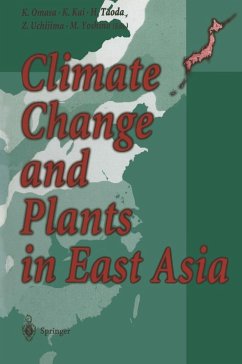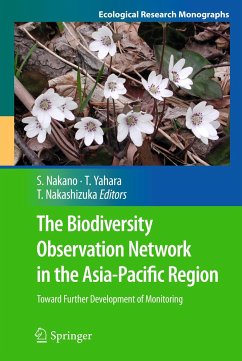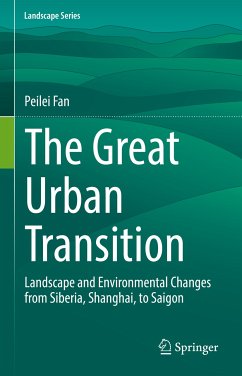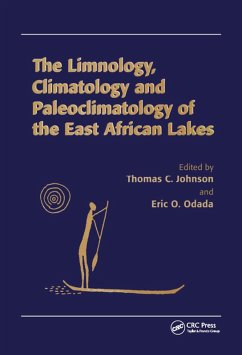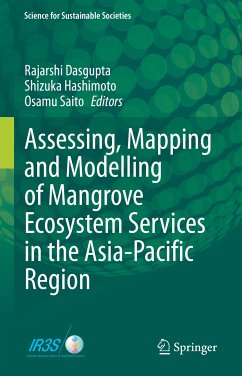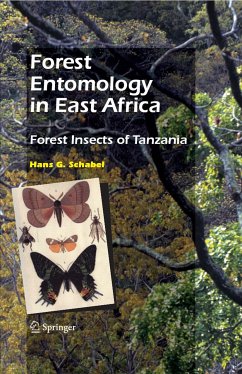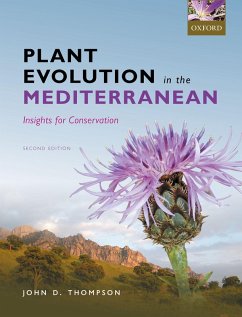
The Ecology of Tropical East Asia (eBook, PDF)

PAYBACK Punkte
19 °P sammeln!
Tropical East Asia is home to over one billion people and faces massive human impacts from its rising population and rapid economic growth. It has already lost more than half of its forest cover to agriculture and urbanization, and has the highest rates of deforestation and logging in the tropics. Habitat loss, coupled with hunting and the relentless trade in wildlife products, threatens all its large and many of its smaller vertebrates. Despite these problems, the region still supports an estimated 15-25% of global terrestrial biodiversity and a growing environmental awareness means that it i...
Tropical East Asia is home to over one billion people and faces massive human impacts from its rising population and rapid economic growth. It has already lost more than half of its forest cover to agriculture and urbanization, and has the highest rates of deforestation and logging in the tropics. Habitat loss, coupled with hunting and the relentless trade in wildlife products, threatens all its large and many of its smaller vertebrates. Despite these problems, the region still supports an estimated 15-25% of global terrestrial biodiversity and a growing environmental awareness means that it is no longer assumed that economic development justifies environmental damage, and no longer accepted that this trade-off is inevitable. Effective conservation action now depends on integrating a clear understanding of the ecological patterns and processes in the region with the varied needs of its human population. This third edition continues to provide an overview of the terrestrial ecology of Tropical East Asia: from southern China to Indonesia, and from Bhutan and Bangladesh to the Ryukyu Islands of Japan. It retains the balance between compactness and comprehensiveness of the previous editions, and the even-handed geographical treatment of the whole region, but it updates both the contents and the perspective. Approximately one third of the text is new or greatly modified, reflecting the explosion of new research in the region in the last few years and the increasing use of new tools, particularly from genomics and remote sensing. The change in perspective largely reflects the growing realization that we are in a new epoch, the Anthropocene, in which human activities have at least as large an influence as natural processes, and that stopping or reversing ecological change is no longer an option. This does not mean that biodiversity conservation is no longer possible or worthwhile, but that the biodiverse future we strive for will inevitably be very different from the past. The Ecology of Tropical East Asia is an advanced textbook suitable for senior undergraduate and graduate level students taking courses on the terrestrial ecology of the East Asian tropics, as well as an authoritative regional reference for professional ecologists, conservationists, and interested amateurs worldwide.
Dieser Download kann aus rechtlichen Gründen nur mit Rechnungsadresse in A, B, BG, CY, CZ, D, DK, EW, E, FIN, F, GR, HR, H, IRL, I, LT, L, LR, M, NL, PL, P, R, S, SLO, SK ausgeliefert werden.





